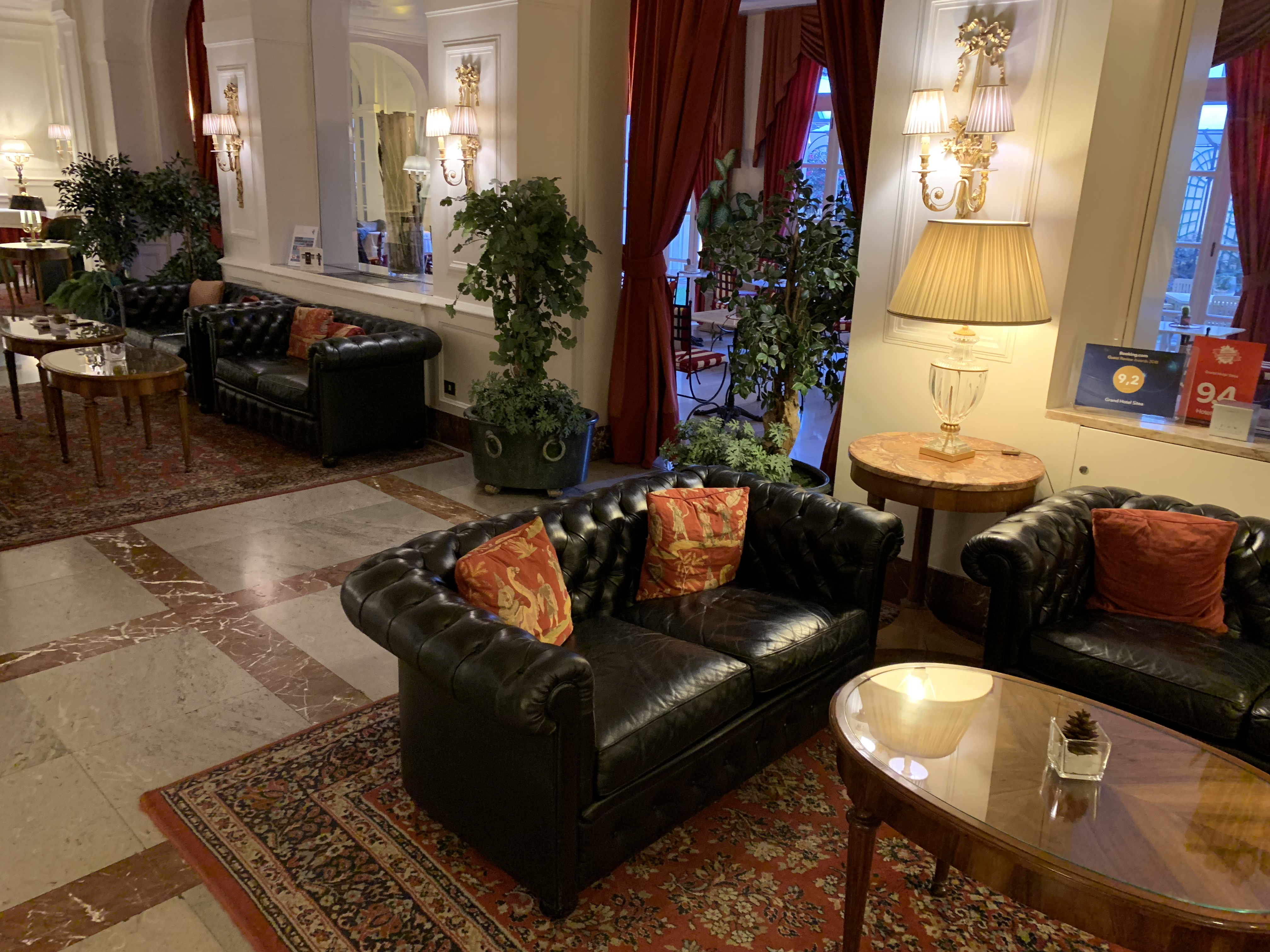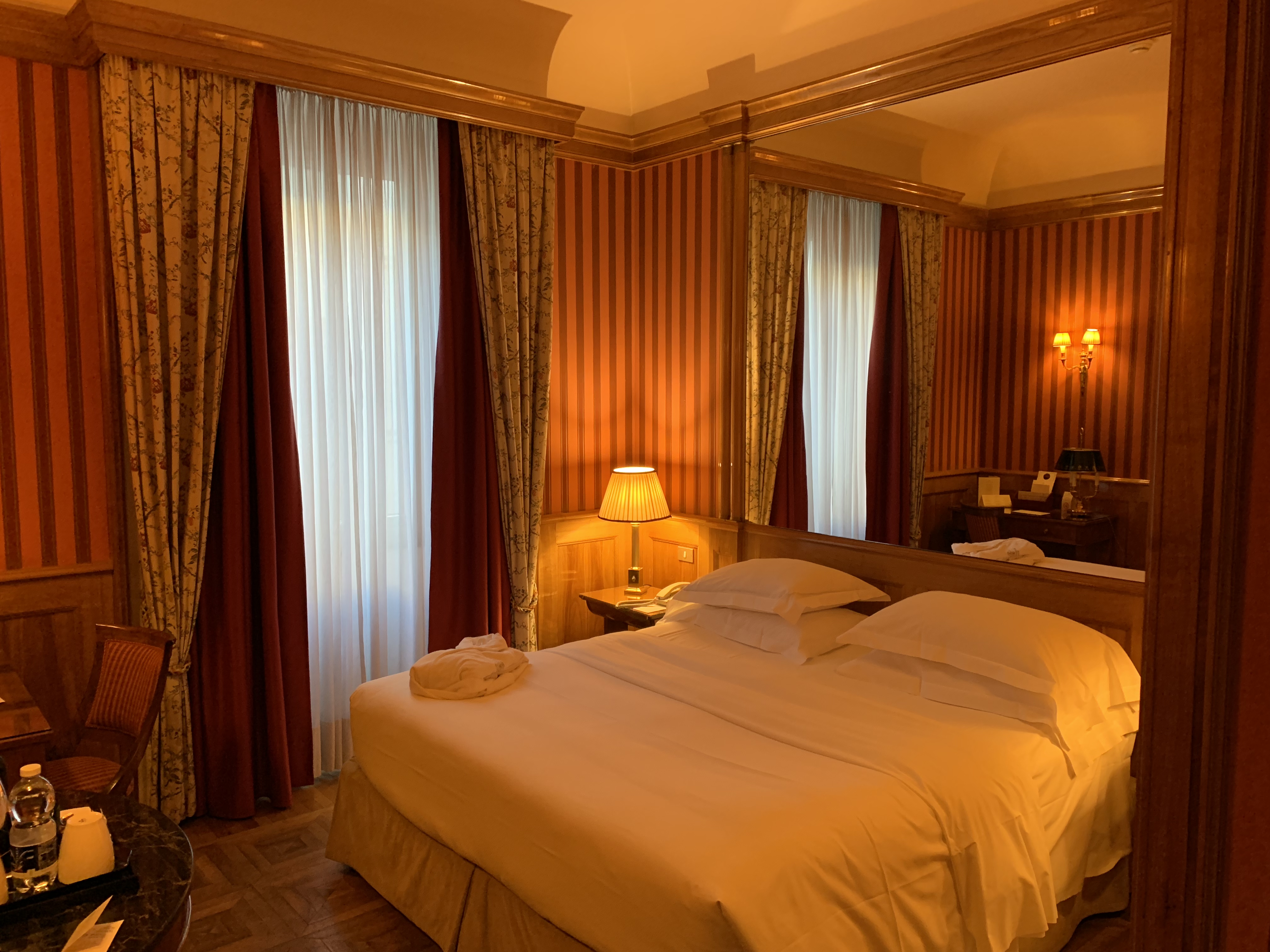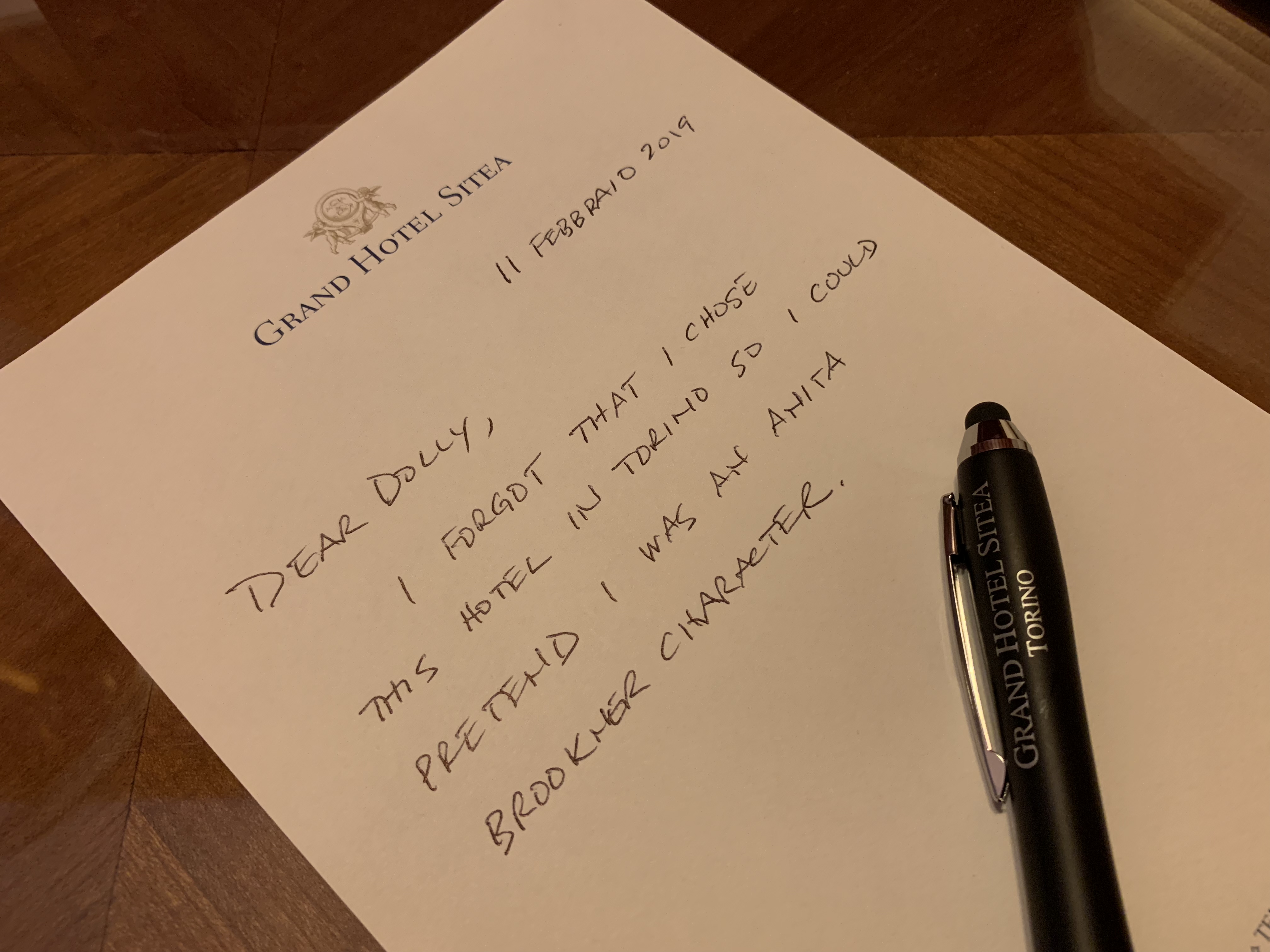[I’m up to number 19 in my chronological re-read of all of Anita Brookner’s 24 novels.]
In her 19th novel, published in 1999, Brookner’s characters are starting to feel like they might actually have inhabited the year in which they were written. Her mention of the Eurostar which had only begun operations about five years earlier seems like a fantastically contemporary reference for Brookner. (In her 18th novel, Falling Slowly published the previous year, there is a journey to France that seems likely to have been made on Eurostar, but one has to be a bit of a transportation nerd with a touch of OCD to even read that much between the lines.) But it isn’t just one mention of Eurostar that makes this Brookner novel seem almost fresh. Her protagonist in Undue Influence is a youngish woman, Claire Pitt, who clearly hasn’t figured out where she is headed in life.
Somewhat recently orphaned by the death of her mother, Claire is working in the basement of a used bookshop where she is transcribing the writings of St. John Collier, the late father of the Misses Colliers who run the bookshop they inherited from him. As the transcription work winds down she becomes a default employee when Muriel Collier needs to stay at home to take care of her sister Hester. The two of them have never married and in their own way never really matured. Muriel, now in her 80s, believes their father drew them into the business as a way to keep them unmarried and close at hand.
It seems like Claire might suffer a similar outcome. Stunted in her own emotional development by her father’s invalidism after a series of strokes beginning when she was 10, Claire abhors any sign of weakness in men that might remind her of him. She has just one friend, another young woman Caroline, who still goes by Wiggy, no doubt a nickname from school days, who is content being the mistress of a married man. Claire and Wiggy meet for dinner once a week, sharing confidences that never go too deep, and, while not explicitly stated, feel like a relic of girlhood. Her avoidance of her financial standing in the months (years?) after her mother’s death and her assumption, based on nothing but conjecture, that she will be hired by the owner’s of the new shop, suggest someone who is less than ready to face the adult world.
But Claire’s stunted development is no more apparent than in the way she spins endless stories in her head about the people she observes. From imagining that a random man in a cafe is the son of her upstairs neighbor to imagining backstories for just about everybody she becomes acquainted with. And these backstories aren’t the product of a burgeoning writer, they never get written down. They don’t even seem to be consciously created. They just seem to be the day dreams of a child, someone who doesn’t have anything more pressing or tangible to fill up her mind.
Claire’s propensity for daydreaming helps explain how 40-something, widower-in-waiting, Martin Gibson becomes the target of her attention. It allows her to insinuate herself into his life, get him into her bed, and eventually focus on him as her life’s obsession. Keep in mind that all of this is through the Brookner lens so none of it is as dramatic as that sounds. In fact, it is so typically subtle, that I sometimes had to go back a few paragraphs just to see if what I thought happened had really happened.
Even realizing that she has exerted undue influence on Martin and created an imagined trajectory for their relationship that will likely never come to be isn’t enough to shake her loose from those imaginings. She sabotages what little there is between them, realizing she is pushing him away, but is unable to either stop herself or even realize the likely outcome of her behavior. She doesn’t fully take on board that he is distancing himself, but the reality of it seems to be creeping into the fringes of her subconscious as she becomes aware of a new, but still unexplained condition.
The proof of this was my new inability to speculate. This had always been such a resource, an endowment, even a gift, that its disappearance, however temporary, however ephemeral…left me desolate.
It isn’t until she realizes that Martin has moved on from their superficial connection–relationship really is too strong a word–that the scales finally fall from her eyes. Up to that point she had been trying to convince herself that she was moving on. But even as she planned to go abroad to some unknown destination, she seemed to be planning it all either as a means of distraction, or as something she could return from. A bit of evidence of a life, or maybe as proof independence, that she could point to at some future time when renewing her pursuit of Martin. But with the inescapable truth finally in front of her, all of her denial slips away. All of the non-existent emotional ties she had felt were dissolved. After multiple subconscious sputters and false starts, Claire’s adult future is finally clear. She doesn’t really know what the future is, but she knows what it isn’t. It isn’t Martin, it probably isn’t the bookshop, and it definitely isn’t some castle in the sky with no basis in reality. This could possibly sound bleak, but it is actually one of the more optimistic endings in the Brookner canon. Her life is wide open with nothing to hold her back
When the heat in my face and throat subsided and I could bear to get up from my chair, I walked to the window and looked out. I must have stood there for some time, because when I turned around the room was in darkness. I had no conscious thoughts. All I knew was that now, as never before, I should find it easy to leave.
[Crossposted at Hogglestock]



 [
[






